Tier 1 quarterbacks who deliver high-profile wins and big-time throws will always be among the fan favorites. However, the same tools used by the game's most productive passers are also shared by those second-tier passers whose weekly performances often seem to garner more criticism than praise.
Here is a look at four NFL quarterbacks who, despite their high salaries as franchise quarterbacks, have fallen short of receiving universal gratitude for their on-field production.
Subscribe to PFF's EDGE or ELITE subscriptions to get access to the following tools, charts, etc.
– All Premium Article Content
– Fantasy Football Rankings & Projections
– Fantasy Football Draft Guide, Cheat Sheets & Advanced Stats
– Fantasy Football Mock Draft Tool (DraftMaster)
– Fantasy Football Strength of Schedule Matrix
– NFL Player Grades
– NFL Premium Stats
Jimmy Garoppolo, San Francisco 49ers
Garoppolo entered the 2019 NFL season with a contract worthy of a franchise-leading quarterback but very few memorable big-time moments to support the title. And even with the keys to Kyle Shanahan's offense firmly in Jimmy G's hand, many questioned if he had what it takes to be the top trigger man in San Francisco.
Shanahan's offense requires an athletic quarterback who can move the pocket with ease and throw accurately on designed rollouts and reverse-play-action passes. Garoppolo was handpicked to run this 49ers offense because of his ability to perform both in and outside of the pocket.
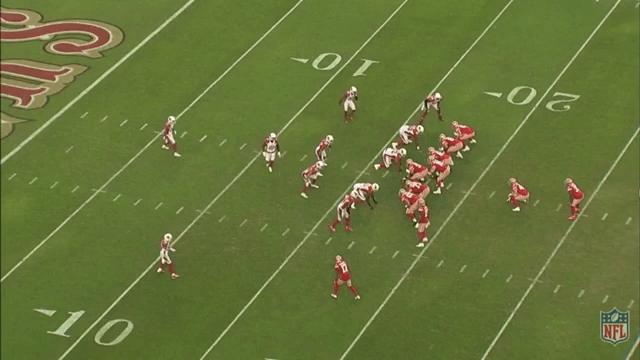
Garoppolo is built for the designed-rollout game, where last season he earned an 82.3 PFF passing grade that ranked fourth among qualifying quarterbacks. He also finished the season with the fourth-lowest (12.4%) percentage of negatively graded throws while moving out of the pocket, and he led all quarterbacks in yards per pass attempt (13.8) on designed-rollout passing plays.
The Niners signal-caller led his offense to the highest percentage of explosive pass plays of 20 plus yards (18.8%) last season, and his 90.9 passing grade on passes thrown at least 20 yards in the air downfield ranked 11th out of 33 qualifiers. Again, his 27.8% negatively graded throw rate on those deep passes was the third-lowest among all quarterbacks with 25 or more attempts.
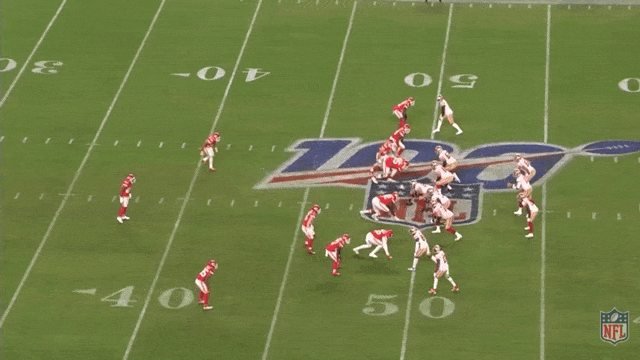
Unfortunately, this is the play that most remember about Garoppolo's 2019 season, but his failure to connect on this third down, fourth-quarter pass to Emmanuel Sanders in Super Bowl 54 was one of the few deep passes he missed during the entire season. During the regular season, his 74.2% adjusted completion percentage on deep passes was even tops in the NFL.
Derek Carr, Las Vegas Raiders
Carr will always be measured by his near-MVP season in 2016 when he finished with the third-best passing grade (91.7) on throws from a clean pocket while his 24 big-time throws ranked third among 36 qualifying quarterbacks. However, in the years since, Carr has failed to live up to the promise and production of that memorable 2016 season.
Though, in all fairness to the former second-rounder, the Raiders' current offense has asked him to get the ball out more quickly and efficiently than he was once used to.
Carr entered the league with exceptional arm talent; he posted the NFL's second-best deep-passing grade (96.2) and ranked seventh with 21 big-time throws on deep balls in 2016. He attempted 67 passes of 20-plus yards that season, compared to only 52 such pass attempts under Jon Gruden last season, and he ranked near the middle of the pack in passing grade on deep passes (90.1, 14th) and big-time throws (13, 20th) among 33 qualifiers in 2019.
Now that he's been asked to be more accurate and efficient in the Raiders' offense, Carr's 2019 season was actually an improvement in some critical areas.
| 2019 Raiders | 2016 Raiders | |
| Clean pocket | ||
| Adjusted Comp. % | 82.5% | 76.0% |
| Average depth of target | 6.9 | 7.7 |
| Negatively graded play % | 9.9% | 12.8% |
| Yards per attempt | 8.5 | 7.1 |
| PFF grade | 85.3 | 91.6 |
| Throws beyond the sticks | ||
| Adjusted Comp. % | 66.8% | 58.9% |
| Negatively graded play % | 20.5% | 22.5% |
| Yards per attempt | 10.8 | 9.1 |
| PFF grade | 90.9 | 91.2 |
| Passes thrown in 2.5 seconds or less | ||
| Adjusted Comp. % | 85.3% | 78.1% |
| Average depth of target | 5.2 | 6.0 |
| Negatively graded play % | 8.3% | 11.2% |
| Yards per attempt | 8.6 | 6.7 |
| PFF grade | 77.0 | 87.3 |
The data suggests that the Fresno State product has worked to tailor his game to fit Guden's quick passing attack, where he is also expected to achieve a high rate of completions.
In 2019, Carr finished behind Drew Brees with the second-highest adjusted completion percentage (82.3%), but he also maintained both his accuracy and efficiency when pushing the ball past the first-down line.
After watching the Raiders trade former teammates Khalil Mack and Amari Cooper, Carr has repeatedly heard his name connected to the trade rumor mill. But despite the destabilizing mind games, Carr has managed to perform up to the same level of the offense's limited design — he could once again flourish in a more supportive environment.
Kirk Cousins, Minnesota Vikings
Cousins entered the league as a fourth-round pick and has never claimed to be a giant slayer. However, after first unseating Robert Griffin III as the Washington starter and then moving on to sign what was, at the time, the biggest contract in NFL history, Cousins has proudly answered the kind of criticism that comes with that fully guaranteed, $83 million contract.
In 2019, the Minnesota Vikings fitted Cousins in an offense that is tailor-made for quarterback success. Remember, Cousins was drafted in 2012 and had coaches like Sean McVay and Mike and Kyle Shanahan grooming him to run a heavy-play-action scheme with lots of half-rollouts and reverse-bootleg passing plays.
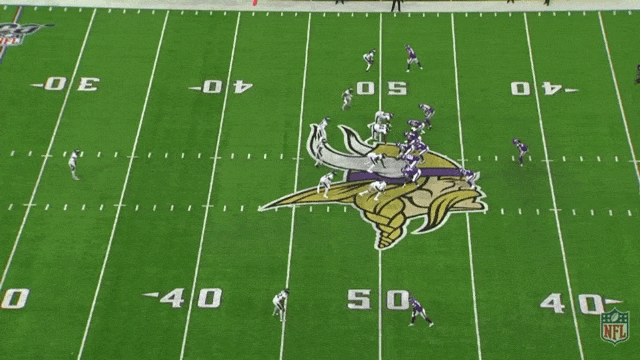
Eight seasons in a quarterback-friendly system has paid off in a big way for Kirk Cousins. Designed rollouts help him to have clear vision downfield while also buying more time to connect on deeper routes. By moving the pocket, the Vikings have helped Cousins to become one of the league's best passers in several critical areas.
Kirk Cousins: 2019 passing production in different situations (regular season only)
| Stat | Designed rollout | Play action | Throws past the sticks | Passes thrown in less than 2.5 seconds |
| PFF passing grade | 88.3 (3rd) | 91.1 (1st) | 93.6 (3rd) | 88.9 (2nd) |
| Yards per attempt | 10.8 (2nd) | 9.7 (t-3rd) | 11.2 (3rd) | 7.5 (3rd) |
| Adjusted comp. % | 89.4% (2nd) | 85.5% (2nd) | 63.9% (8th) | 82.7% (t-5th) |
So now that you have seen the data on how Cousins performs in the Vikings offensive system, the next time he asks if you like that, there should be only one supportive response.
Matthew Stafford, Detroit Lions
Much of what many do not like about Detroit Lions quarterback Matthew Stafford is his lowly 46.3% career winning percentage during his 13 seasons with the team. He has taken the Lions to the postseason three times, but more disappointment followed Stafford when his 2019 season was cut short once again due to a thoracic spine injury.
Stafford performed at an elite level through eight games last season, which saw him rank solidly in the top five of several critical passing metrics.
Matthew Stafford: 2019 passing production in different situations (regular season only)
| Clean Pocket | Straight dropback | First and second down | Throws past the sticks | Passes thrown in less than 2.5 seconds | |
| PFF Passing grade | 92.6 (4th) | 83.5 (5th) | 82.0 (6th) | 92.0 (4th) | 80.7 (8th) |
| Average depth of target | 11.1 (1st) | 11.6 (1st) | 11.2 (2nd) | 18.3 (3rd) | 7.5 (3rd) |
| Yards per attempt | 9.6 (2nd) | 8.6 (t-2nd) | 8.7 (t-2nd) | 10.6 (9th) | 6.9 (t-13th) |
| Passer rating | 120.0 (3rd) | 107.7 (5th) | 101.8 (t-9th) | 112.7 (10th) | 107.0 (7th) |
Throughout his career, Stafford has always performed well when asked to attack the defense in the downfield passing game. The data clearly illustrates his ability to consistently drive the ball accurately downfield into tight coverage.
Secondaries have a healthy respect for Stafford's ability to operate on straight-dropback passes, where his 23 big-time throws last season ranked top-10 even though he missed half the season.
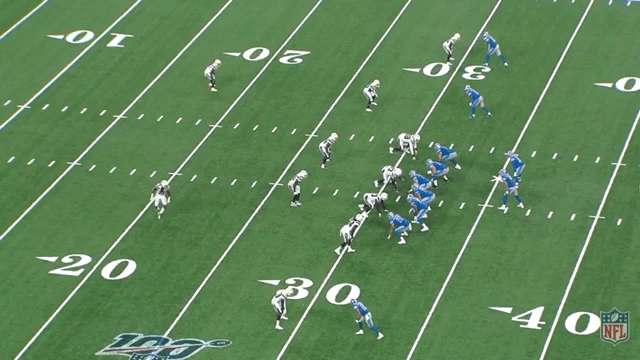
Stafford remains a big-time talent who is waiting for a team to complete the construction project around him. His resume is full of comebacks and game-winning drives; the only question that remains is will the Lions cash out or cash in on Matthew Stafford's fading talents before it's too late.
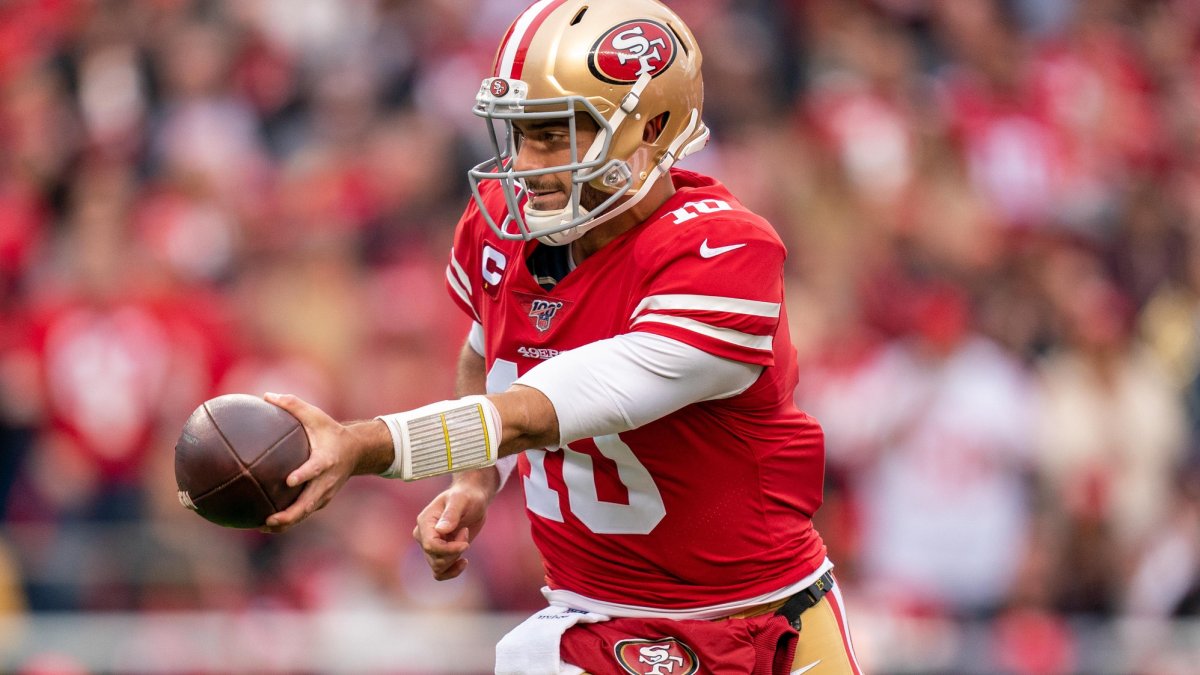


 © 2025 PFF - all rights reserved.
© 2025 PFF - all rights reserved.